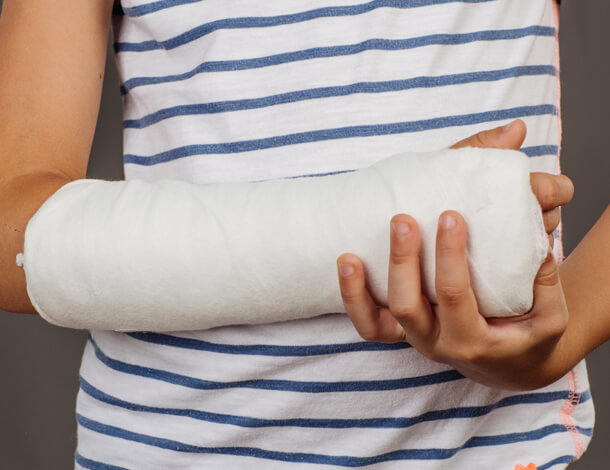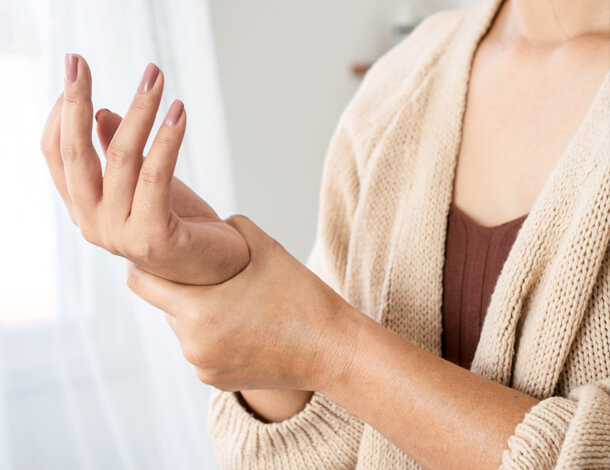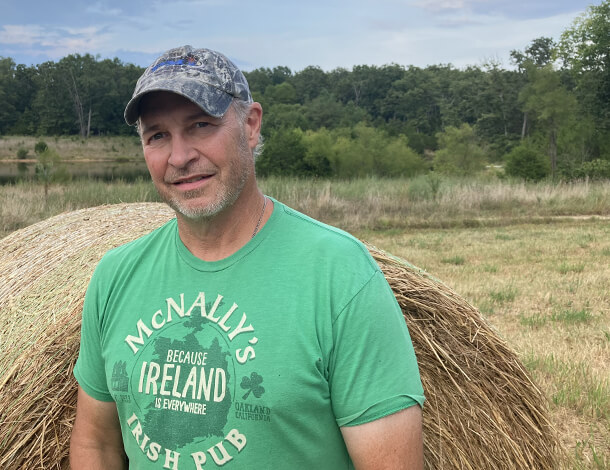What to Know About Golfers’ Elbow (and How to Prevent It)
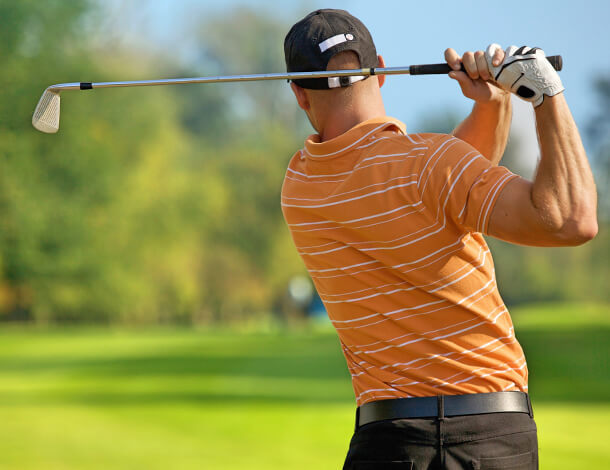
Despite the name, you don’t have to be Phil Mickelson to get golfers’ elbow. This form of tendonitis can be caused by any number of jobs or activities that involve repeatedly swinging or bending your arm or wrist, from hammering nails to typing on a computer. In fact, most cases of golfers’ elbow develop from activities unrelated to sports.
Keep reading to learn about the symptoms, causes, and common treatments for golfers’ elbow, and get tips that could help you prevent it from developing.
What Is Golfers’ Elbow?
Golfers’ elbow, or medial epicondylitis, is a form of tendonitis that causes pain and inflammation where the tendons of your forearm muscles attach to the inside of your elbow.
When you repeatedly use your arm or wrist to bend, grasp, swing, or twist, your tendons can develop tiny tears that cause wrist, elbow, or forearm pain.
Symptoms
Like tennis elbow symptoms, golfers’ elbow occurs on the outside of the elbow. Pain can come on suddenly or develop over time. It may feel worse with certain movements (like swinging a golf club). The pain can also spread into your forearm and wrist.
The most common symptoms of golfers’ elbow include:
- Pain
- Tenderness
- Stiffness
- Weakness in your hands and wrists
- Numbness or tingling in your hand or fingers (if nearby nerves are affected)
- Decreased grip strength
What Causes Golfers’ Elbow?
While swinging a club may be the most obvious cause of golfers’ elbow, the reality is, it can develop in many other ways. The condition results from damage to the muscles and tendons that control your wrist and fingers and is usually related to repeated or forceful wrist or finger motions.
There are both sports-related and non-sports-related causes of golfers’ elbow, including:
- Improper lifting, throwing, or hitting
- Not warming up properly before physical activities
- Racket sports (tennis, racquetball)
- Throwing sports (baseball, javelin)
- Weight training
- Work-related activities (construction, carpentry)
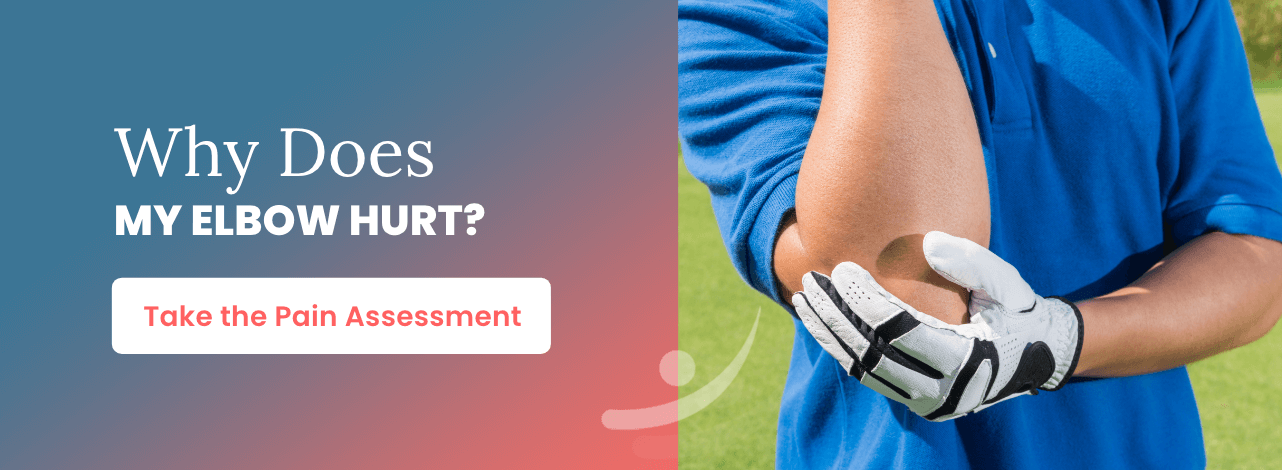
Golfers’ Elbow Treatments
An elbow doctor can diagnose golfers’ elbow based on your medical history and a physical exam. They will assess your pain and stiffness by applying pressure and having you move your elbow, wrist, and fingers. They may also order an X-ray to rule out any other possible causes of your elbow pain, like arthritis. They will also likely assess your nearby nerves to ensure they may not be the primary cause of pain on the inside of the elbow.
Most people with golfers’ elbow will not need surgery and can get relief using conservative treatments, including:
- Rest (avoiding the activity causing the pain)
- Ice
- Bracing
- Stretching
- Therapy
- Over-the-counter pain relievers (ibuprofen, naproxen, acetaminophen)
- Injections
While most people will get better using some combination of these treatment options, sometimes golfers’ elbow pain can return or become chronic. If you don’t get relief with conservative treatments or your symptoms get worse, surgery may be recommended.
Ways to Prevent Golfers’ Elbow
With the right precautions and elbow care, many cases of golfers’ elbow are preventable. Here are a few prevention tips:
- Stretch and Warm Up Properly. Before any strenuous activity, take the extra time to warm up and stretch your muscles.
- Work on Your Form. Before playing a sport or exercising, ask an instructor or coach to show you the proper form. (This is especially important when lifting.)
- Use the Right Gear. Talk to an expert to ensure you have appropriate equipment for your sport or activity and that it fits you right.
- Do Strength Training. Use hand weights and simple arm exercises to strengthen your forearm muscles.
- Don’t Overdo It. If you feel any pain in your arm, wrist, or elbow, it’s time to rest.
Relief for Elbow Pain at IHTSC
When elbow pain keeps you from working or doing your usual activities, a doctor specializing in elbow problems can help you get the relief you need.
At Indiana Hand to Shoulder Center, our elbow doctors provide convenient care for a wide range of disorders. We treat all elbow injuries and conditions, including golfers’ elbow.
You might also like:

